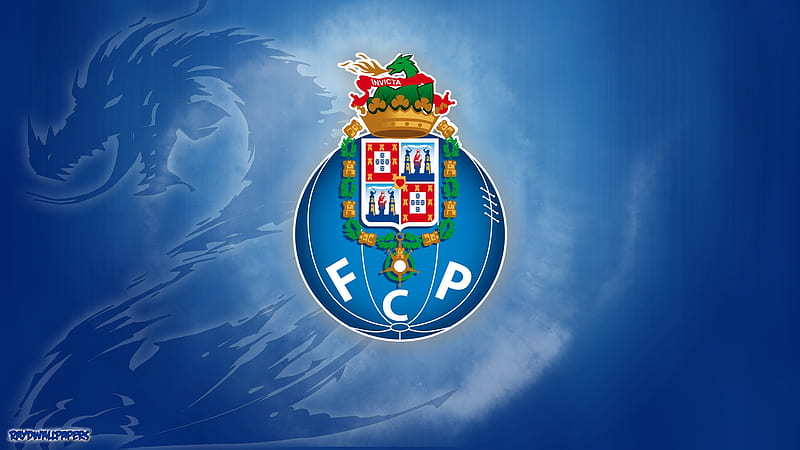
FC Porto
FC Porto is one of the most illustrious and successful football clubs in Portugal and Europe. Known for its rich history, passionate fanbase, and competitive spirit, FC Porto continues to be a powerhouse within Portuguese football and beyond. FC Porto has established itself as a symbol of resilience, tactical brilliance, and development of talented players. Its influence extends into international competitions, making it a revered name across the footballing world https://zo88.ceo/.
In this comprehensive exploration, we will delve into the history, strategies, iconic players, and the cultural significance of FC Porto. Whether you’re a die-hard supporter or a curious football enthusiast, this article aims to provide an in-depth understanding of what makes FC Porto a legendary club.
The Rich History and Founding of FC Porto
The story of FC Porto begins over a century ago, rooted in the city of Porto, Portugal. From humble beginnings, the club grew into a national icon and eventually achieved European fame. Understanding its origins provides context to its modern success and enduring legacy.
The Early Years and Formation
FC Porto was founded on September 28, 1893, making it one of the oldest sports clubs in Portugal. Initially, the club was established by groups of young students and sports enthusiasts who shared a passion for football and other athletic pursuits. The club’s early years were characterized by grassroots efforts, local matches, and community involvement.
During its formative years, FC Porto faced stiff competition from older clubs like Benfica and Sporting Lisbon. However, its commitment to developing local talent and fostering a sense of community set the stage for future triumphs. The club adopted a blue and white color scheme that remains iconic today.
Growth Through the 20th Century
Throughout the 20th century, FC Porto gradually expanded its influence within Portuguese football. The club experienced its first major successes in the 1930s and 1940s, securing national titles and establishing a winning culture. The post-war period saw increased investment and infrastructure development, including the construction of the Estádio Dragão, which would later become a fortress for the team.
The club’s strategic focus on youth development and scouting contributed to its sustained competitiveness. During this era, FC Porto began to challenge the dominance of Lisbon-based clubs, carving out its own identity and rivalry culture.
Key Milestones and Achievements
- First Portuguese League Title: 1939–40 season
- European Cup Victory: 1987–88 season
- Multiple Primeira Liga Titles: Over 30 league championships
- Domestic Cups: Numerous Taça de Portugal victories
- International Success: UEFA Europa League and other European competitions



